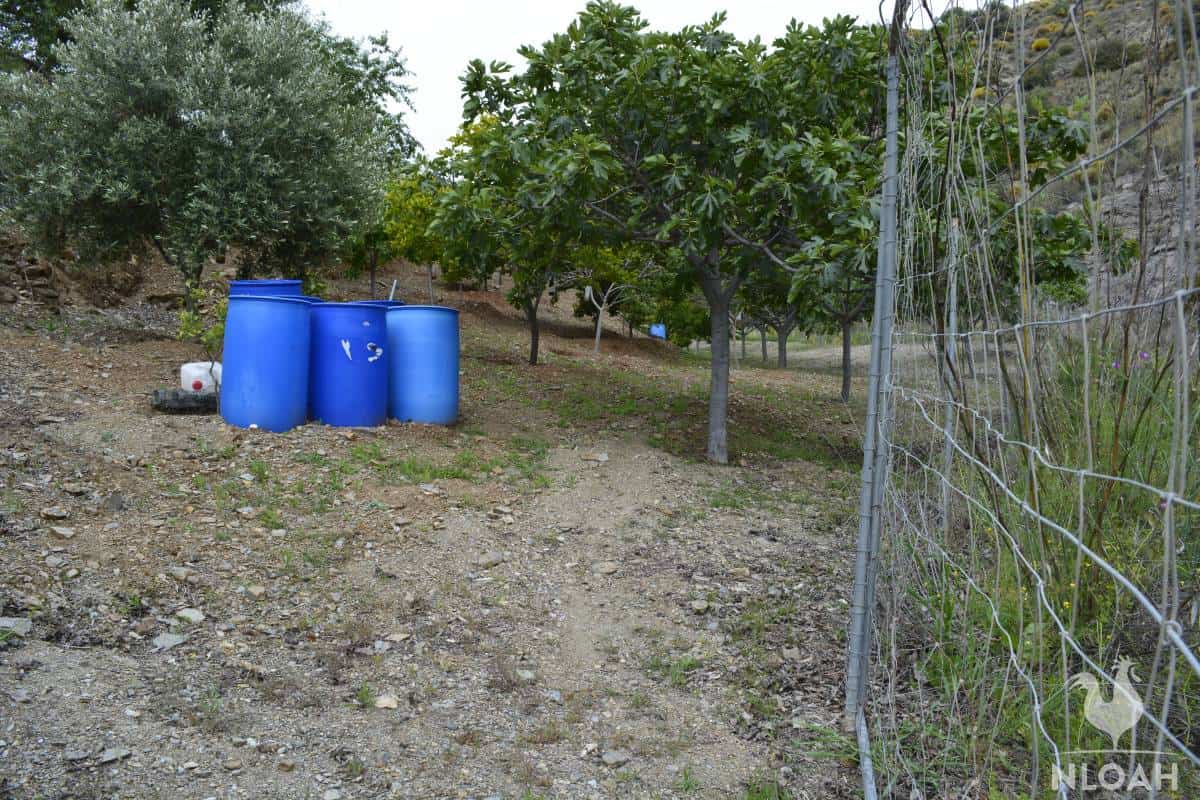Very interesting article. The entire site is one of the better one's I've seen.

 www.newlifeonahomestead.com
www.newlifeonahomestead.com
Edited to add that they are not making anymore land. You young folks need to scarf up all of it that you can afford. A lot of us never had the opportunity when we were younger. Never had anyone to push me in that direction even if I could have afforded it. That is regrettable. When I was coming up most of the kids wanted to get off the farms and sell the land. I bet most of them are kicking their collective asses now.

Exactly How Much Land Do You Need to Be Self-Sufficient? • New Life On A Homestead
Figuring out how much land you need to be self-sufficient requires you to consider many important factors. We break them down one by one.
 www.newlifeonahomestead.com
www.newlifeonahomestead.com
Edited to add that they are not making anymore land. You young folks need to scarf up all of it that you can afford. A lot of us never had the opportunity when we were younger. Never had anyone to push me in that direction even if I could have afforded it. That is regrettable. When I was coming up most of the kids wanted to get off the farms and sell the land. I bet most of them are kicking their collective asses now.
Last edited:


